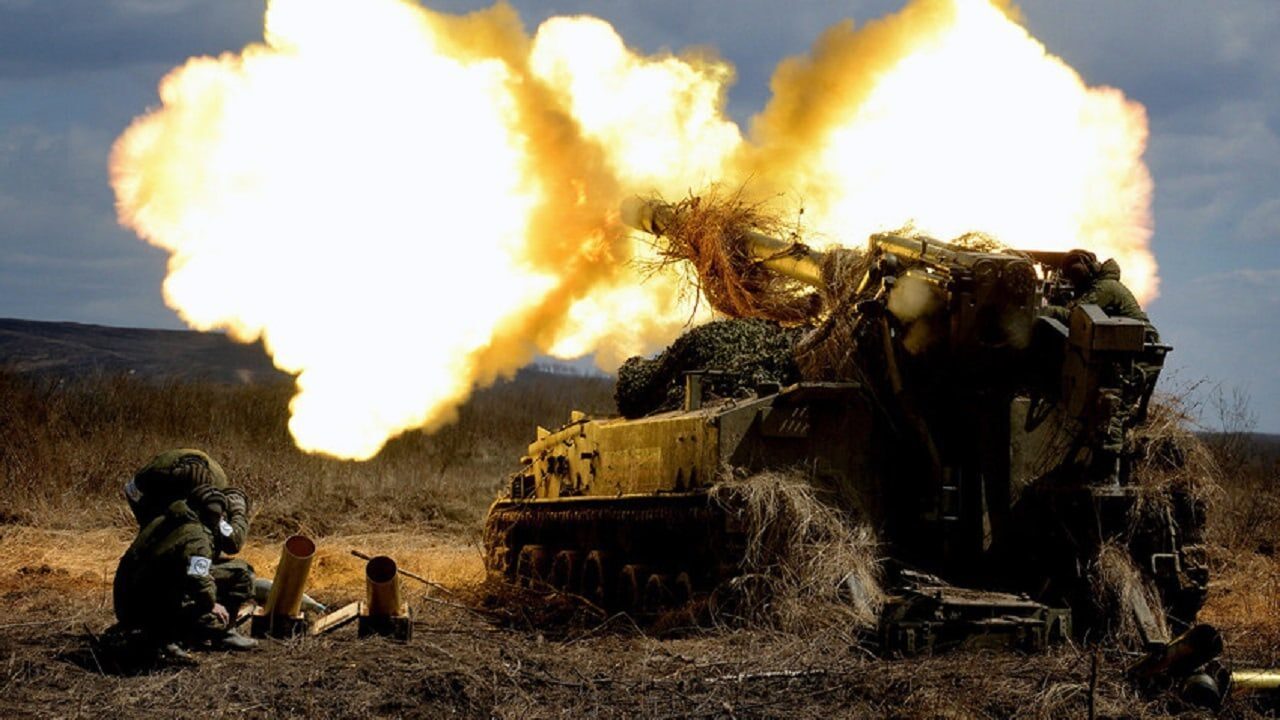Does Putin Have the Leverage He Needs in Blocking Ukraine’s Ports? – By blocking Ukraine’s southern Black Sea ports, Russia may have the leverage it needs to force Western countries to walk back military support for Ukraine. After multiple implied threats of nuclear war and indications that NATO convoys heading to Ukraine would be targeted, Russian President Vladimir Putin now has very little left up his sleeve to save himself from embarrassment in Ukraine.
What’s Happening At Ukraine’s Ports?
On May 6, a United Nations food agency said that almost 25 million tons of grain are still stuck in Ukraine as Russian soldiers control much of the country’s southeastern ports.
In the city of Odesa, home to Ukraine’s biggest port, Russian troops control the waterfront. Ships are trapped in a blockade, ready to take Ukrainian agricultural products overseas but prevented from doing so under orders from the Kremlin.
As one of the biggest suppliers of sunflower oil, wheat, and corn in the world, Ukraine is depended upon by countries across Europe and beyond.
David Beasley, the head of the United Nations World Food Programme, pleaded with Russian President Vladimir Putin this week to unblock Ukraine’s Black Sea ports and allow the grain to leave.
Speaking to CNN, Beasley said that “millions of people around the world will die” unless the ports are unblocked.
During a conference in New York recently, Beasley also warned that the ports would need to be opened within the next 60 days to avoid Ukraine’s agriculture industry – and the country’s economy as a whole – from imploding.
“If you don’t get this port issue resolved and open, Ukraine’s economy completely collapses,” he said. “It becomes landlocked like Moldova. The ports are critical.”
Ukrainian President Volodymyr Zelenskyy also called on Russia to end the blockade and allow the food to leave. Such a situation has not occurred in Odesa since the Second World War.
“Without our agricultural exports, dozens of countries in different parts of the world are already on the brink of food shortages. And over time, the situation can become downright terrible,” Zelenskyy said.
“This is a direct consequence of Russian aggression, which can be overcome only together – by all Europeans, by the whole free world. It can be overcome by putting pressure on Russia, by effectively forcing Russia to stop this disgraceful war.”
What Will Russia Do?
For as long as Russia can block the shipment of grain from Ukraine to elsewhere in Europe, the Kremlin can effectively control the economic pressures that may ultimately force Western countries to reconsider many of the sanctions already levied against Russia.
But it’s a tall order, with most Western countries doubling down on sanctions against Russia and promising more. On Thursday, G6 foreign ministers met in Germany to discuss additional sanctions against Russia and ways of mitigating the impact of these sanctions on NATO countries.
Now, it’s up to Russia to decide whether continuing to block Ukrainian ports and worsening global food shortages and price increases is worth the escalation it may cause and the continuation of crippling economic sanctions already levied against the country.
Jack Buckby is a British author, counter-extremism researcher, and journalist based in New York. Reporting on the U.K., Europe, and the U.S., he works to analyze and understand left-wing and right-wing radicalization, and reports on Western governments’ approaches to the pressing issues of today. His books and research papers explore these themes and propose pragmatic solutions to our increasingly polarized society.

